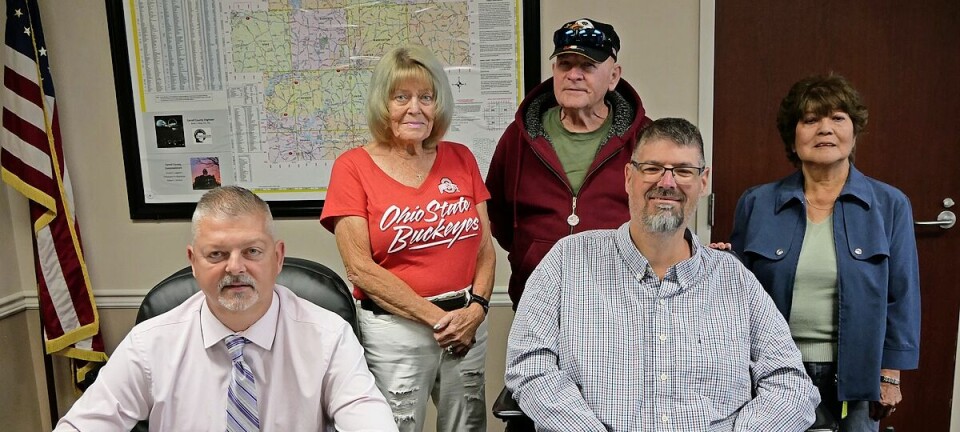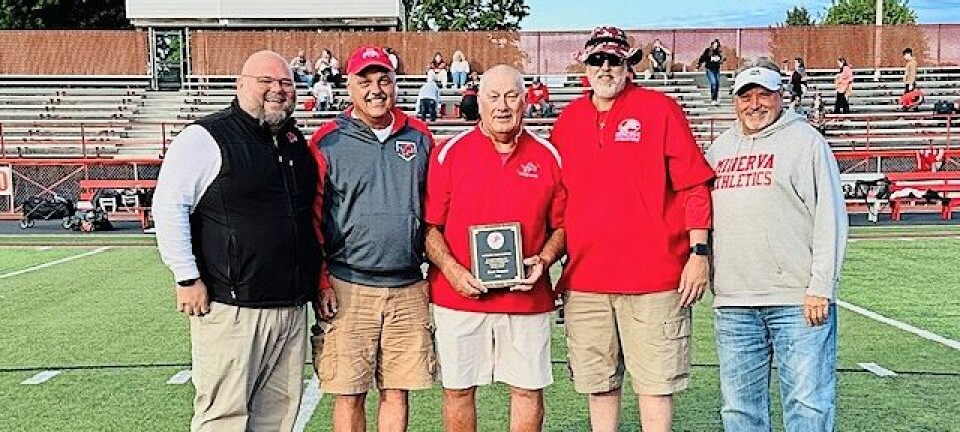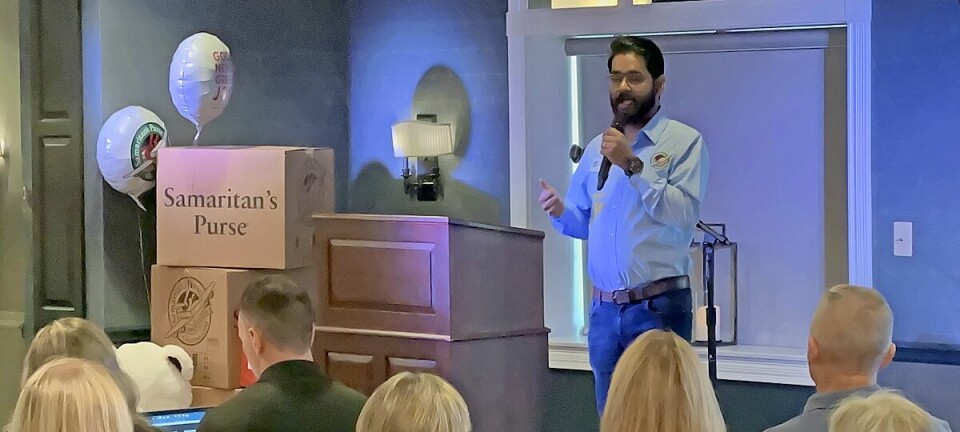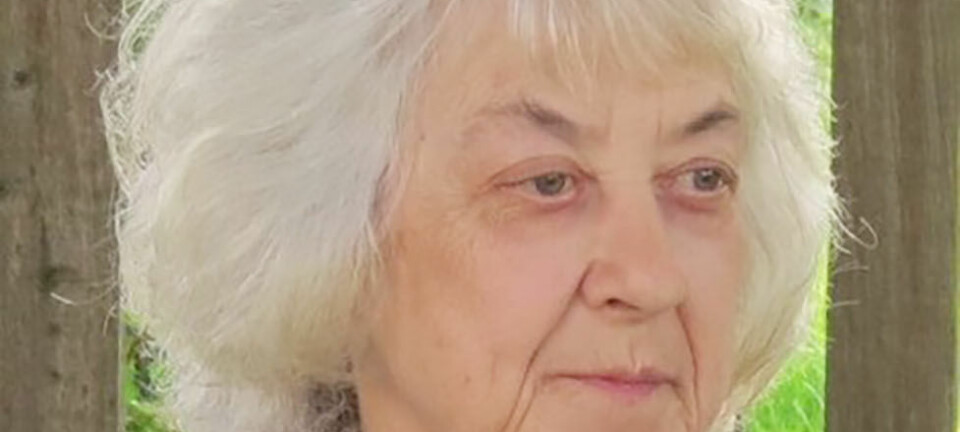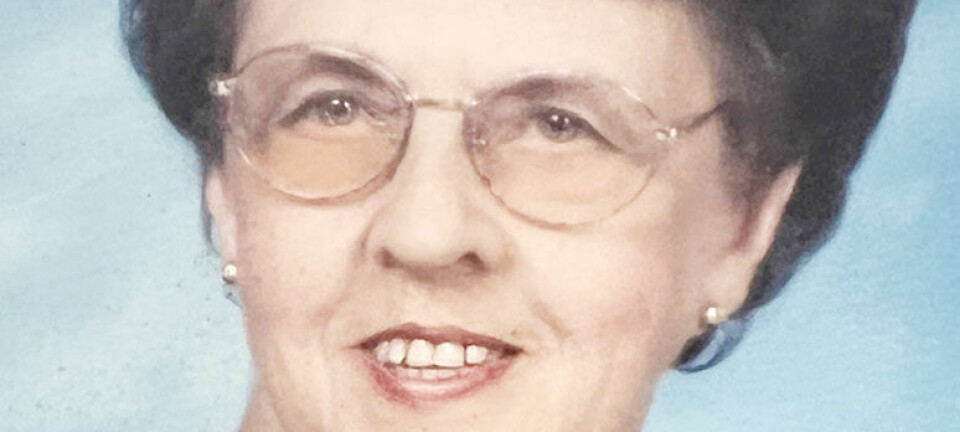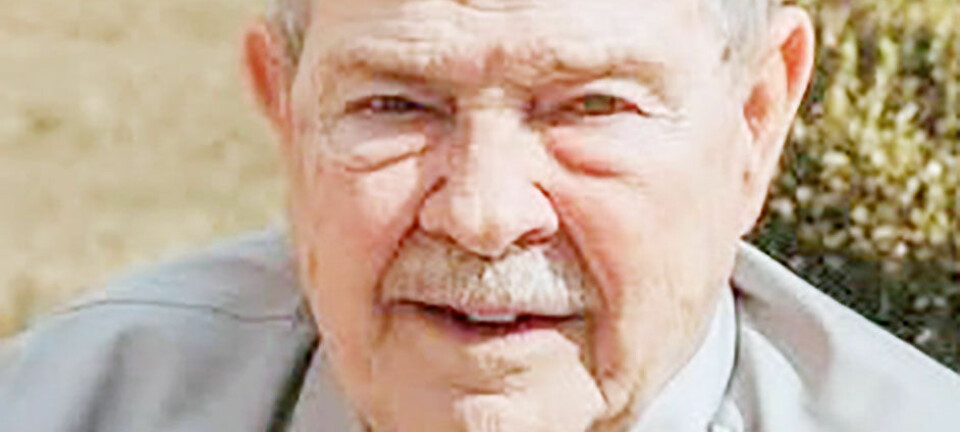Students get their day in court
High school juniors and seniors filed through the Tuscarawas County Courthouse on their way to court on April 27. Luckily for them, they weren't in trouble, but were there to see the court system in action during Law Day.
"The program started back in 2000 under the name Government Day but in 2006, we decided to narrow it down to just focus on laws, courtrooms and judges and changed the name to Law Day," said Michelle Watson, director of gifted services for East Central Ohio Educational Service Center. "The program is meant for honors, AP and pre-college high school students, but we also encourage schools to send at-risk children so that they see possible consequences of their poor decisions."
As part of the Law Day program, students from Dover and Garaway witnessed proceedings in Judge Edward O'Farrell's courtroom while students from Strasburg sat in during proceedings in Judge Elizabeth Leigh Thomakos' courtroom.
"I think it's important to allow younger members of society to see how the courts, which have a major role in society, operate and dispel the myths they might have seen about its operations," said Judge O'Farrell. "I very much enjoy interacting with the students every time they come for the Law Day program. They are our future, and I hope that they got enough information to make the right decisions in their futures."
While sitting in O'Farrell's courtroom, the students witnessed part of a jury selection for a felony assault case, and watched two sentencing hearings. Tanner Lilly of Stark County, pleaded no contest to drug trafficking, a fifth-degree felony. The second sentencing hearing was for Joshua Lippencott, who pleaded no contest to theft, a fifth-degree felony.
After the sentencing hearings concluded, O'Farrell spoke to the students and later took questions from them. During his time with the students, he pointed out that what he does is enforce the laws that the Ohio legislature passes. Questions from the students included: "what do the different degrees of charges mean?", "how do you determine how to impose sentencing?", "do you consider factors about the case in sentencing?" and O'Farrell's favorite, "when a law is vague on sentencing, do you tend to be liberal or conservative in your decision?"
"It's my job to dole out the requisite punishment to those who either plead no contest or who are found guilty by a jury," said O'Farrell. "The state legislature writes the law, including any minimums for jail or prison time and or fines. There are very few crimes that actually have any minimum prison or jail time; those are usually for very severe crimes.
"By law, I am required to consider each case on its own merits, including considering personal circumstances of the defendant. I like to get under their skin to understand the whys of what happened and why they are here. There are factors that I must also take into account, such as if the defendant will possibly commit another crime, etc. But most importantly, I must impose a sentence I think is fair," O'Farrell said.
"It was great to see the courts in action, in real-life," said Kelsey Mullen, junior at Garaway High School, "the information I learned helped me better understand the judicial system."
"I think today we learned a lot the court system in a way that was more involving than from a book," said Bill Purner, also a junior from Garaway High School. "The formality was the most striking part of the proceedings. Overall, it was a great learning experience."



